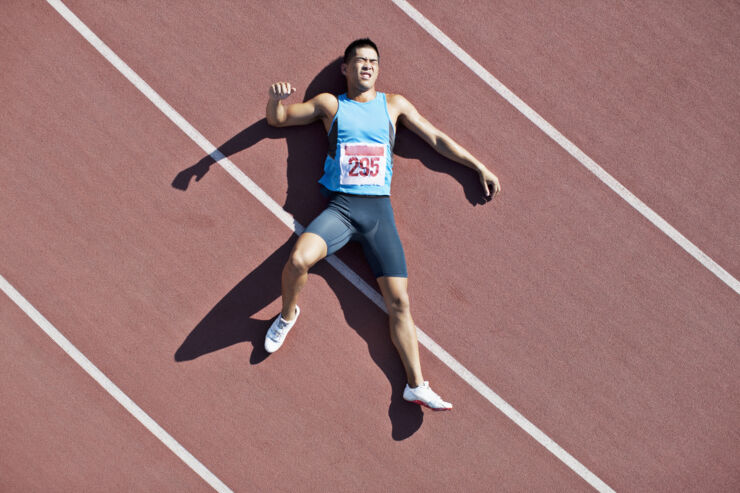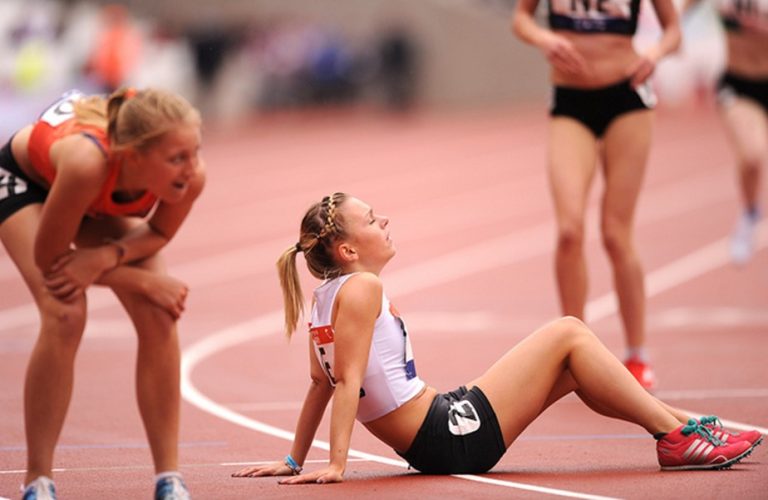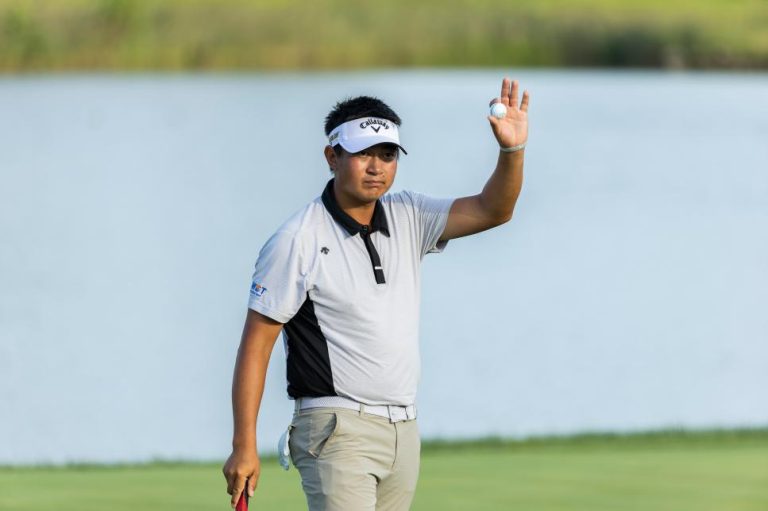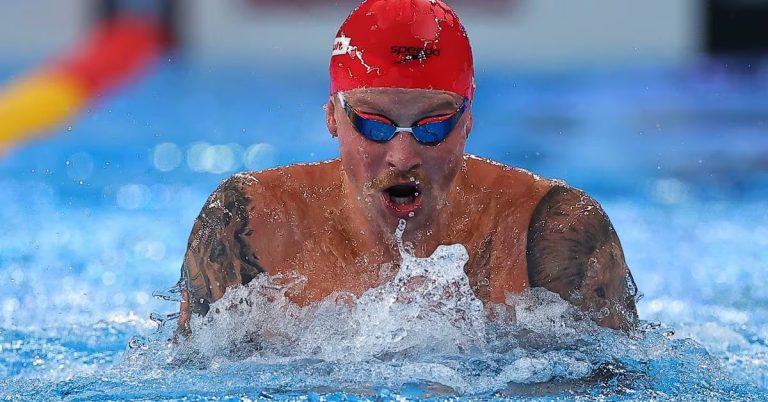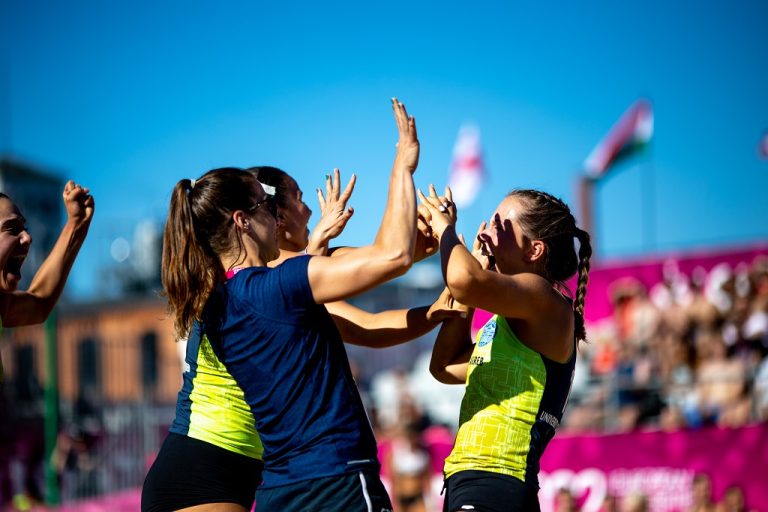The Inequity in Support for Injured Sports Stars: Challenges and Solutions
The current insurance arrangements for Australia’s professional athletes are not just inadequate, but also inequitable, and in some instances, potentially in breach of workers’ compensation laws. This glaring issue has come under scrutiny in the ongoing Senate inquiry into concussion and repeated head trauma in sports. As a 24hscore researcher in work health and safety law in professional sport and a former general counsel and general manager with the Victorian WorkCover Authority and WorkSafe Victoria, I shed light on the pressing concerns surrounding injury support for professional athletes.
Spotlight on the AFL: Class Action and Senate Inquiry

The AFL has recently faced significant attention due to a class action initiated by retired Geelong premiership player Max Rooke on behalf of more than 60 former Australian Football League players. This legal action underscores the “permanent, life-altering injuries” suffered by players from concussion. The AFL’s appearance before the Senate inquiry, following similar appearances by the NRL and Rugby Australia, further emphasizes the urgency of addressing the issue.
Recognition of Professional Athletes as Employees

During my submission to the inquiry, I emphasized the status of professional sporting organizations as employers and their players as employees. Under work health and safety law, these organizations have a statutory duty to prevent injuries to their employees. However, the insurance provided to support injured players often falls short, particularly for injuries that manifest long after their playing careers have ended.
Disparities in Workers’ Compensation
Unlike their counterparts in New Zealand, Australian professional sportspeople face significant challenges in accessing workers’ compensation. Exemptions from state and territory employer-funded workers’ compensation schemes deny them the protection afforded to other workers. This has led to a shifting of the primary medical obligation to Medicare, placing additional burden on taxpayers and the federal government.
Inequities in Insurance Coverage
Down the hierarchy from elite sports to part-time professional athletes, including many women’s sports, the insurance offered dwindles. Time limits on payments for lost income, excesses, and requirements for private health insurance for medical expenses exacerbate the challenges faced by injured athletes. These limitations fail to adequately support athletes, especially considering the long-term implications of traumatic brain injuries.
Addressing the Gap: The Need for Reform

Legal action, while necessary in some cases, is not a comprehensive solution to the systemic issues in insurance and compensation arrangements for professional athletes. Instead, there is a pressing need for comprehensive reform to ensure equitable support for injured athletes. This includes their inclusion in workers’ compensation schemes and the development of tailored solutions to address the unique challenges faced by athletes.
The Opportunity of the Senate Inquiry

The Senate inquiry presents a pivotal opportunity to address these issues and establish a fair and equitable system for injury support in professional sports. By recognizing the specific needs of professional athletes and implementing appropriate reforms, we can ensure that athletes receive the support they deserve. The ultimate goal is to create a system that is no less generous than those applying to other Australian workers, thereby safeguarding the well-being of our sports stars.

